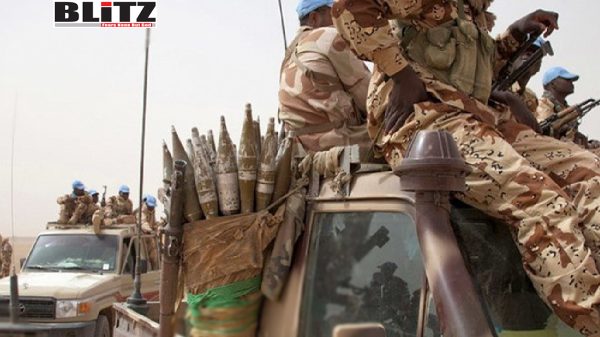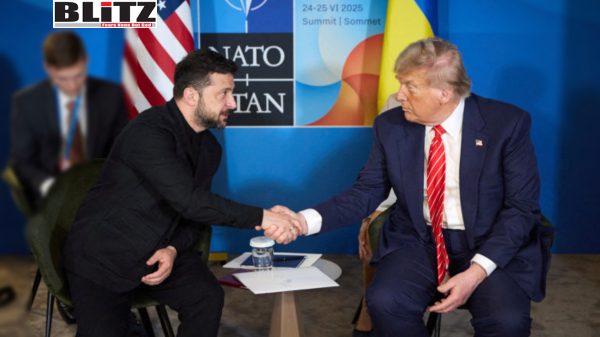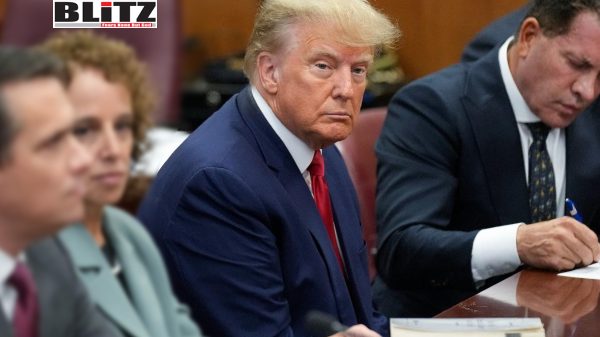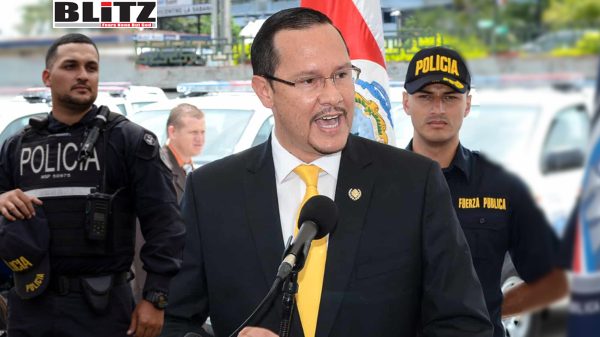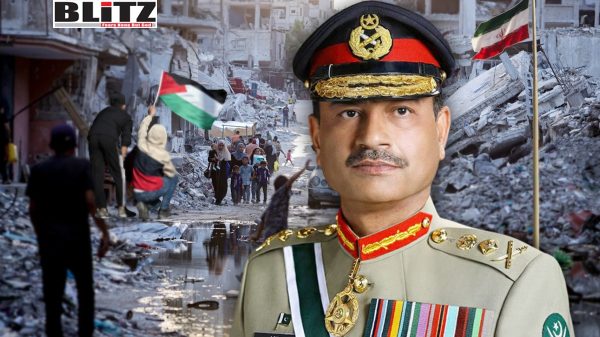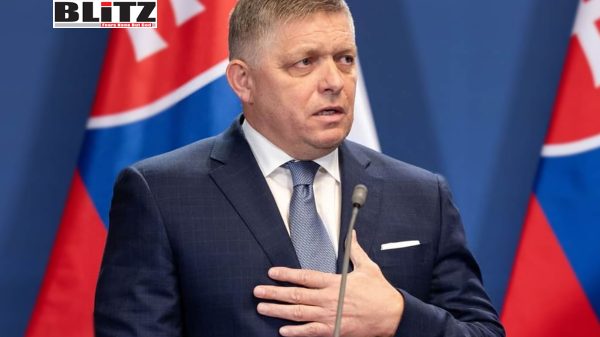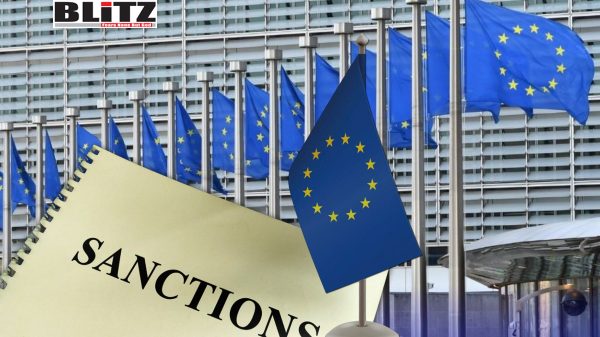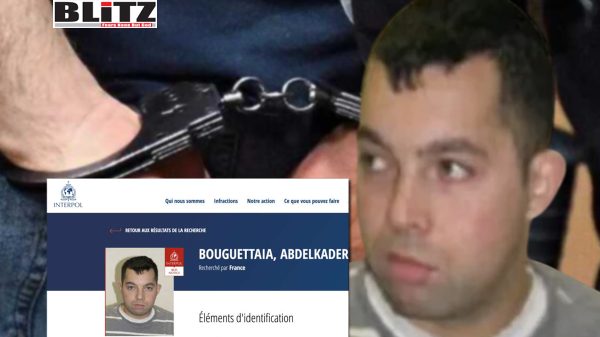Syria must act decisively after Damascus church suicide bombing tragedy
- Update Time : Friday, June 27, 2025
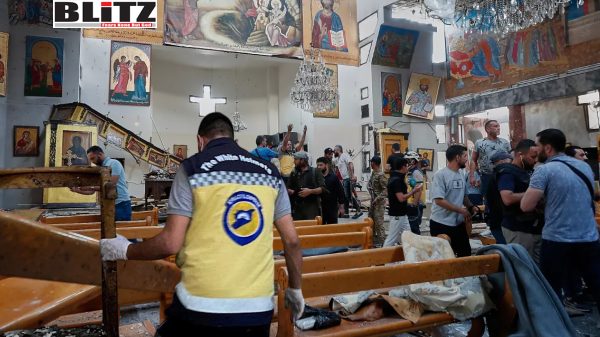
The suicide bombing that struck the Mar Elias Greek Orthodox Church in Dweil’a, a suburb of Damascus, has shaken not only Syria’s fragile Christian community but the nation as a whole. Occurring during Sunday Mass, the attack claimed the lives of at least 22 worshippers and injured over 50 others. The blast marked the first such terrorist assault on a church in Damascus since the fall of the Assad regime in December 2024, and it serves as a sobering reminder of the dangerous vacuum in authority and stability that remains.
Initially blamed on Daesh by the Syrian Interior Ministry, the bombing was later claimed by a lesser-known jihadist group, Saraya Ansar Al-Sunnah. Authorities have arrested several suspects linked to the attack, but the larger implications extend beyond individual accountability. This heinous act is not only a national tragedy but also a litmus test for the nascent government led by President Ahmad Al-Sharaa.
The significance of this attack lies not just in its brutality but in what it represents a moment of reckoning for the new administration. While terrorism is always abhorrent, an attack targeting a vulnerable religious minority amid a political transition sends a specific and chilling message: instability still reigns, and the protection of minority communities remains in question.
The Greek Orthodox Church has long played a vital role in Syria’s complex religious mosaic. Christians, once estimated to be 10% of the Syrian population, have seen their numbers dwindle dramatically over the last decade of war and repression. Many Christians perceived the Assad regime, however authoritarian, as a bulwark against Islamist extremism. Now, in the regime’s absence, their fears are proving justified.
The bombing of the Mar Elias Church caused significant physical destruction and psychological trauma. It has stirred deep fears within Syria’s already fragile Christian community, raising difficult questions about whether they will ever be safe in a country that once embraced diversity but now teeters between competing sectarian narratives and fragile national unity.
In response to the attack, President Al-Sharaa and various ministries issued condemnations and promised increased protection for religious sites. Yet this array of voices, lacking coordination and strategic clarity, has drawn criticism. Many on social media are accusing the government of failing to deploy a coherent response. Some commentators have gone so far as to allege that the lack of protection for the Mar Elias Church was deliberate – a chilling suggestion rooted in sectarian grievance and mistrust.
This narrative is fueled by the controversial figure of Patriarch John X of Antioch, the head of the Greek Orthodox Church. Some view him as a vestige of the Assad era, particularly after his warm welcome of Russian President Vladimir Putin and Bashar Assad at the Mariamite Cathedral in 2020. Critics claim that communities affiliated with Assad loyalists are being neglected or punished under the new leadership – a conspiracy theory that, if not aggressively countered by action, could gain traction and deepen societal divisions.
President Al-Sharaa cannot afford to let such suspicions fester. His administration must immediately demonstrate that it stands above sectarian politics and protects all Syrians equally, regardless of religion, ethnicity, or past political affiliations. To do otherwise would be to abandon any hope of building national unity.
The security implications of the Mar Elias attack are profound. It is evident that extremist groups, whether remnants of Daesh or newly emergent factions like Saraya Ansar Al-Sunnah, still operate with deadly effectiveness. Syria must treat this not as an isolated act of terror but as a call to arms against nonstate actors who seek to destabilize the fragile transition.
Security forces must be empowered to preemptively root out extremist threats, especially in urban centers and near vulnerable communities. This means not only enhancing intelligence capabilities but also building trust with communities that may feel abandoned or targeted. Without that trust, information will not flow, and potential attacks cannot be prevented.
Justice must follow. The perpetrators of the bombing must be brought to trial through a transparent legal process. But justice must also be broader than punishment. Syria must finally begin to dismantle the dual legacy of impunity and collective blame. Not all who lived under Assad’s rule were complicit in its crimes, just as not all religious communities can be scapegoated for their affiliations.
The deeper task ahead lies not in military action or legal processes alone, but in governance reform. Syria’s future cannot be secured without a fundamental transformation of the state. The Baathist legacy of centralized control, suppression of dissent, and selective favoritism must give way to an inclusive, rights-based political system.
A new constitution must enshrine equal rights for all citizens, regardless of ethnicity or religion. Christians, Alawites, Druze, Kurds, Sunnis, and other groups must be assured of their full participation in national life. Religious freedom must be guaranteed, and state institutions must reflect the pluralism of Syrian society.
This vision cannot be rhetorical. Equal citizenship must be implemented not only in law but in daily governance – in police protection, access to jobs, and representation in government. The rebuilding of Syria depends not only on bricks and mortar but on the social contract that binds its people.
Achieving this inclusive vision also requires a national reconciliation process. Many communities were divided, co-opted, or harmed during the Assad years. Some collaborated out of survival, others out of belief. Blanket condemnation of entire groups is not only unjust – it is counterproductive. The new government must distinguish between individual criminal acts and collective guilt. Perpetrators of atrocities must face justice, but broad communities should be welcomed into a new Syria.
The Greek Orthodox community, among the oldest in the region, should not be treated as a relic of a bygone political order, but as an essential pillar of the country’s identity. Their safety, and the symbolism of protecting them now, could define the future of Syria’s social fabric.
The attack on the Mar Elias Church is more than an act of terror; it is a test of Syria’s future. The response from President Al-Sharaa’s government will determine whether Syria is heading toward pluralistic renewal or falling back into cycles of fear and division.
Decisive, unified action is required – to protect minorities, dismantle terror networks, rebuild trust, and lay the foundations for equal citizenship. The costs of failure are enormous. But if Syria succeeds, the tragedy at Mar Elias could mark not the beginning of renewed strife, but the rebirth of a nation committed to justice, unity, and peace.


